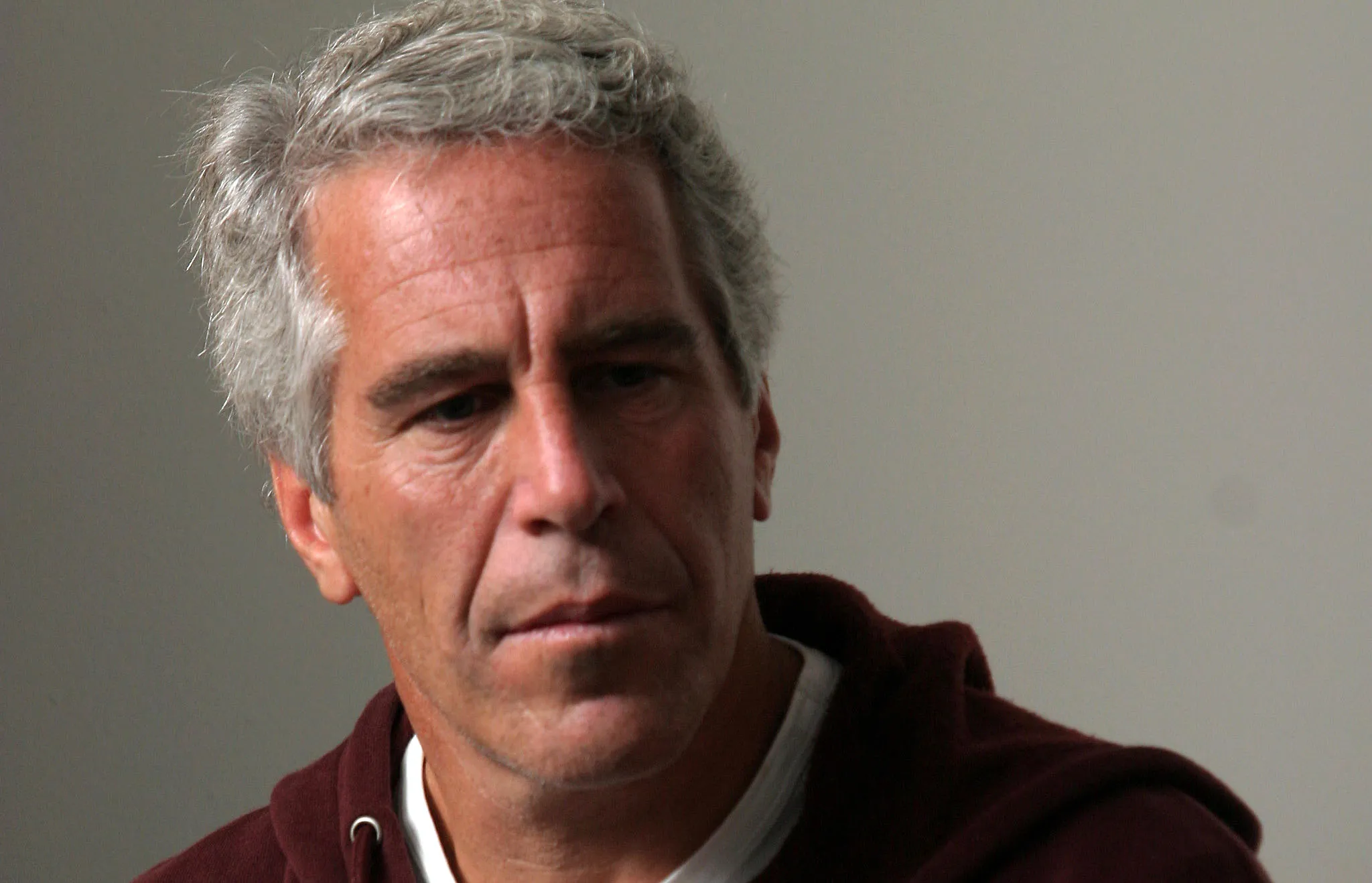FBI Cover-Up? "Epstein Had No Clients, Wasn’t Blackmailing Anyone - And Did Kill Himself"
A newly leaked internal memo contradicts public skepticism, insisting that the FBI found no evidence of a client network or conspiracy — reigniting controversy over Epstein’s death.

A leaked FBI memo reviewed by Axios has reignited fierce debate over the case of Jeffrey Epstein, claiming that investigators found no evidence of a client list, blackmail network, or foul play in his 2019 death.
The document, reportedly based on an exhaustive review of over 300 gigabytes of digital evidence, asserts that Epstein acted alone and had no “incriminating client list” or known collaborators beyond GhiBILL Gslaine Maxwell, who is currently serving a 20-year sentence for her role in Epstein’s sex trafficking operation.
“There was no credible evidence found that Epstein blackmailed prominent individuals,” the memo states. “We did not uncover evidence that could predicate an investigation against uncharged third parties.”
A Narrative at Odds with Public Perception
While Epstein was arrested in 2019 on federal sex trafficking charges and had long-standing ties to powerful figures including Bill Clinton, Prince Andrew, Bill Gates, and former Israeli Prime Minister Ehud Barak, the FBI’s latest assessment rules out any broader conspiracy.
Maxwell, in past interviews from prison, publicly doubted the official story. Speaking to TalkTV in 2023, she said:
“I believe that he was murdered. I was shocked, and I wondered, ‘How did this happen?’ Because I was sure he was going to appeal.”
Her statement reflects a widespread sentiment among Epstein case observers who cite irregularities in the circumstances surrounding his death - including malfunctioning cameras, sleeping guards, and fractured neck bones more consistent with strangulation than hanging.
Surveillance Gaps and Missed Warnings
The newly surfaced memo echoes earlier findings from a 2023 Department of Justice Inspector General (OIG) report, which revealed critical failures in surveillance coverage at the Metropolitan Correctional Center (MCC) in New York, where Epstein was held.
At the time of his death on August 10, 2019, only two cameras in Epstein’s housing unit were operational, and both had significant blind spots. The camera aimed at his actual cell was non-functional, as was the elevator surveillance system on his floor.
The OIG report also noted that technicians were aware of the malfunctioning equipment a day before Epstein’s death, yet the issue remained unresolved. One technician reportedly began work on the cameras on August 8, but did not complete the job and offered no explanation for leaving the task unfinished.
DOJ Maintains Official Line
Despite Maxwell’s statements and extensive public doubt, federal authorities continue to maintain that Epstein died by suicide. The memo reaffirms that position, along with the conclusion that no broader criminal network has been proven to exist.
Still, critics note that the lack of transparency, delayed disclosures, and the high-profile nature of Epstein’s social circle have left many questions unanswered. Some insist that the DOJ’s apparent eagerness to close the case without further indictments leaves open the possibility of a larger cover-up.